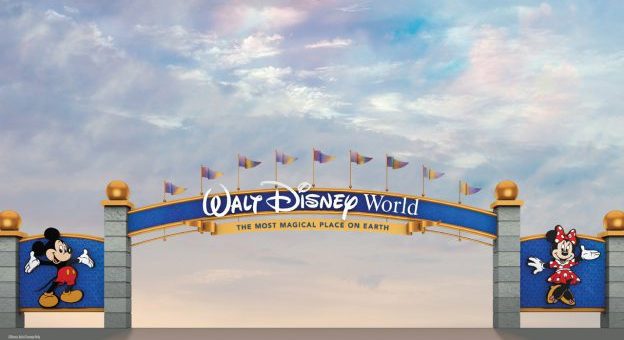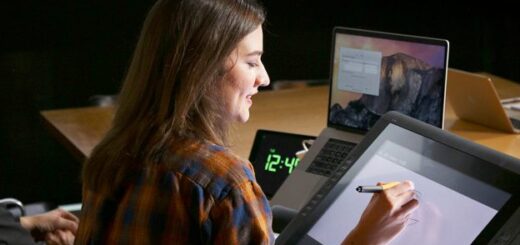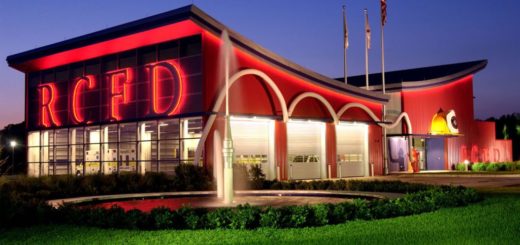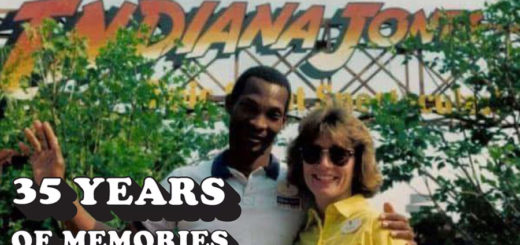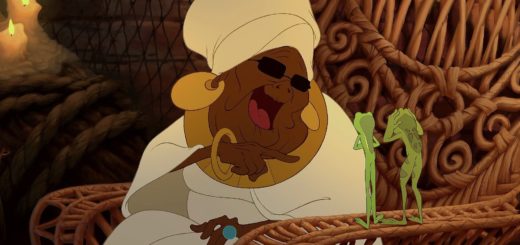Do You Know These Secret Disney Signals?
Nobody wants people to panic in a public setting.
That’s why you can’t shout “FIRE!” at a movie theater. Such an action would lead to a stampede, recklessly endangering lives.


Image: Disney Springs
Disney theme parks face this struggle frequently. Cast members need to pass along information to other workers.
However, specific phrases would trigger panic among guests. As such, Disney has come up with many codes for scary/interesting/exciting situations.
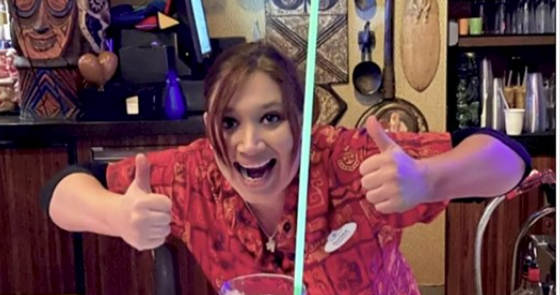

Here are some of the most frequently used Disney cast member signals.
Cast Member
I’ll do the rest of these alphabetically, but let’s start with the basic term I just used.
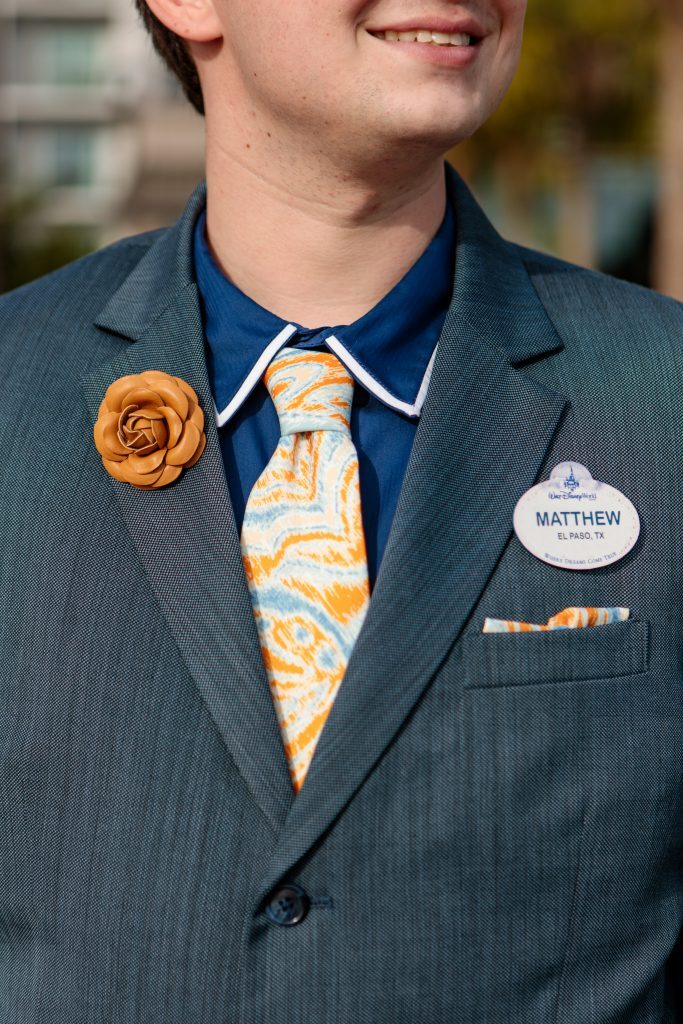

Disney rarely references its employees as, you know, employees or workers or laborers. Those are cold terms that belie the magic of the job.
Instead, Disney describes its staff as cast members, the performers who make every park visit more magical.
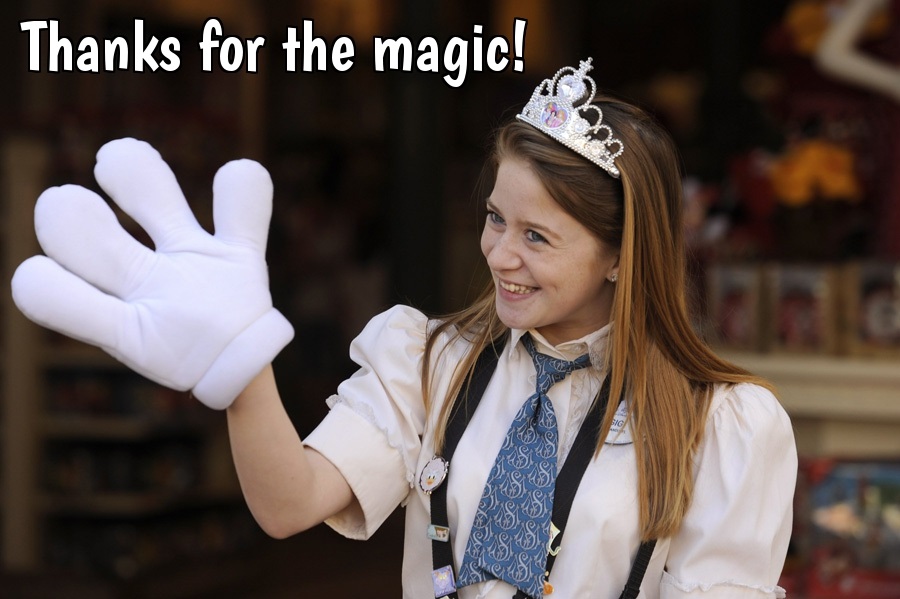

A worker is someone who grudgingly performs tasks for money. A cast member is part of the team putting on the show you watch at the parks.
The difference in terminology denotes the significance of the jobs. Anybody can work at a job. Only a rare breed of people can earn the title of cast member.
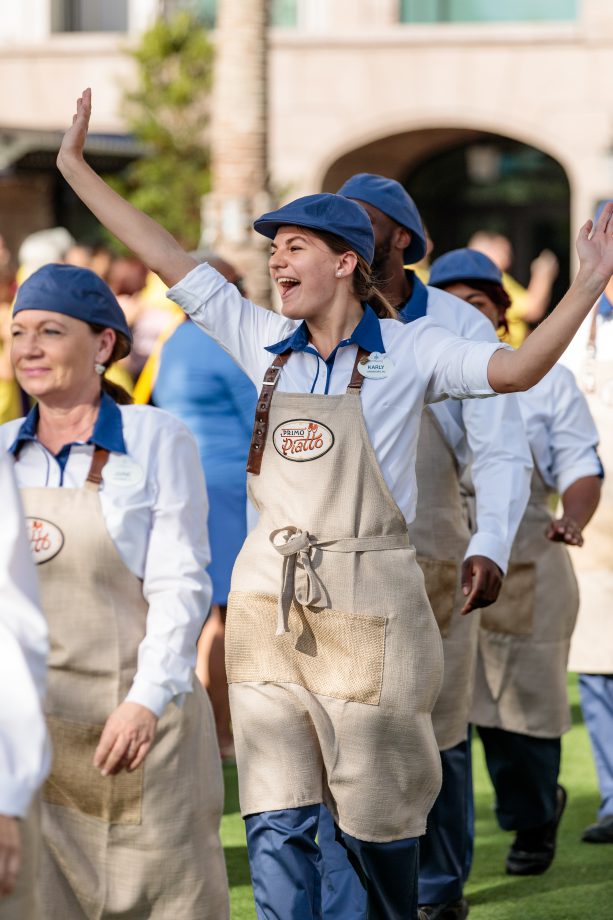

Photo: Disney
Alpha Unit
Obviously, some of these terms represent combustible situations. In these instances, cast members err on the side of caution with the terminology.
When you hear that an alpha unit is incoming, you should get out of the way.
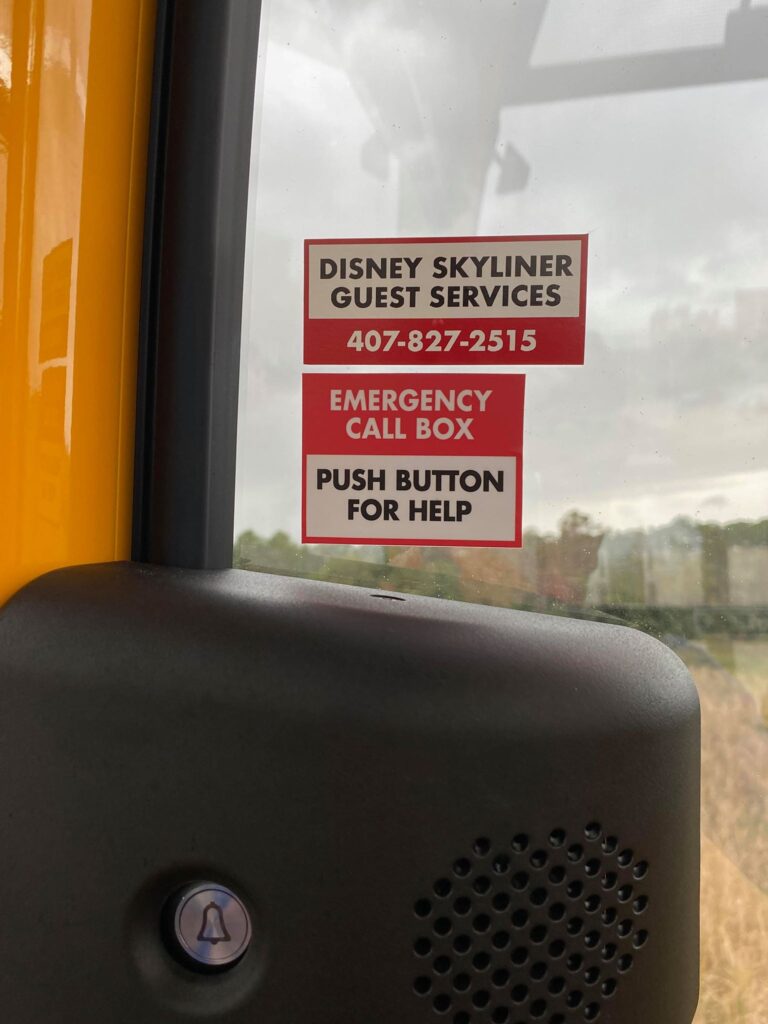

Cast members use this term to signal that an emergency responder is inbound.
These Emergency Medical Services technicians arrive after someone places a 911 call. So, it’s a crisis situation.
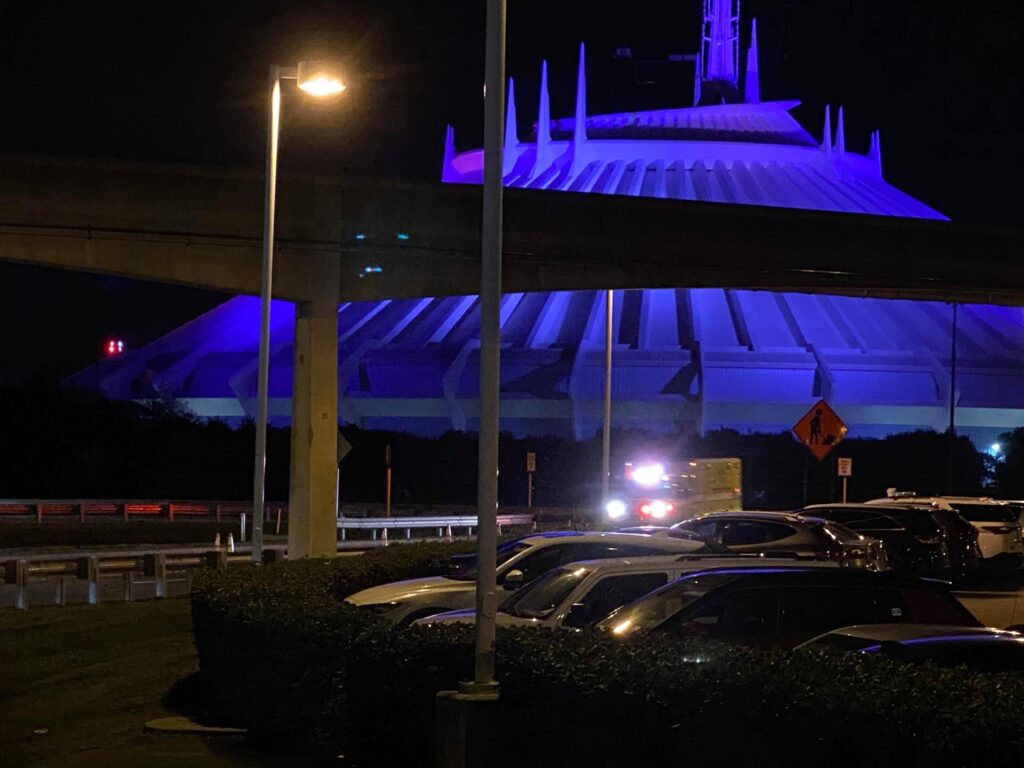

Please don’t interfere. Treat these instances like you would when you hear an ambulance while you’re driving. Please move and don’t gawk.
Backstage vs. On Stage
Cast members perform roles. Whenever they’re in sight of guests, they’re on stage and must act accordingly.
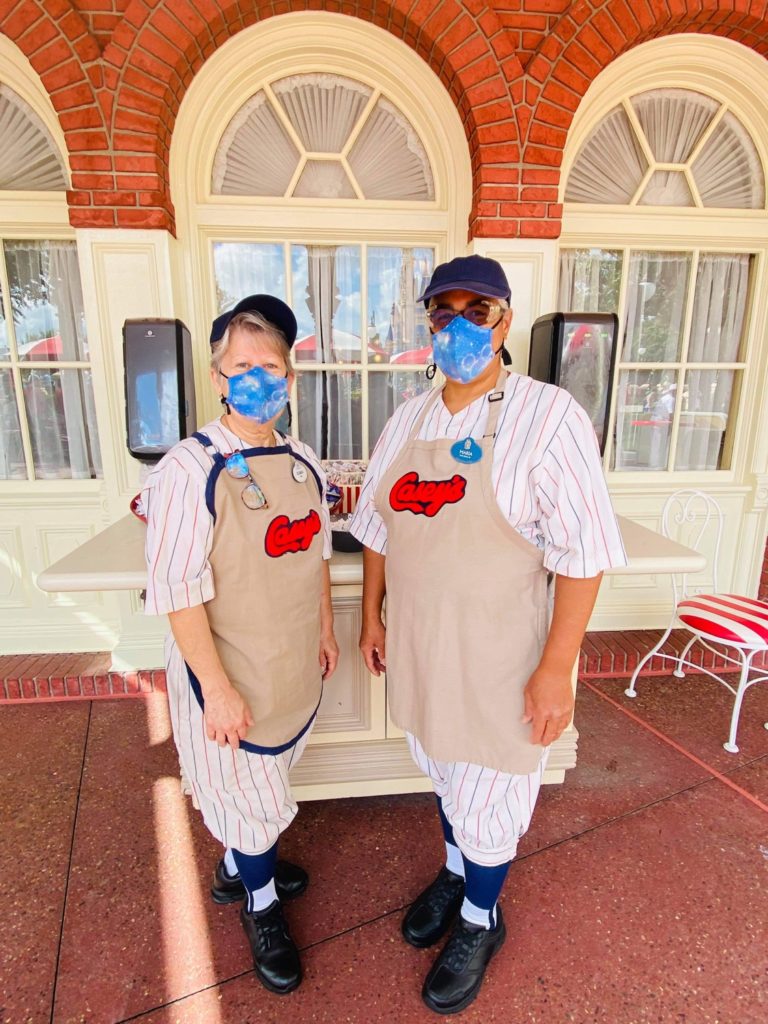

However, Disney workers drop the act when backstage, which means that park guests cannot see them.
They’re no longer in the public eye and may behave differently. I’m not saying they’ll act recklessly or anything.
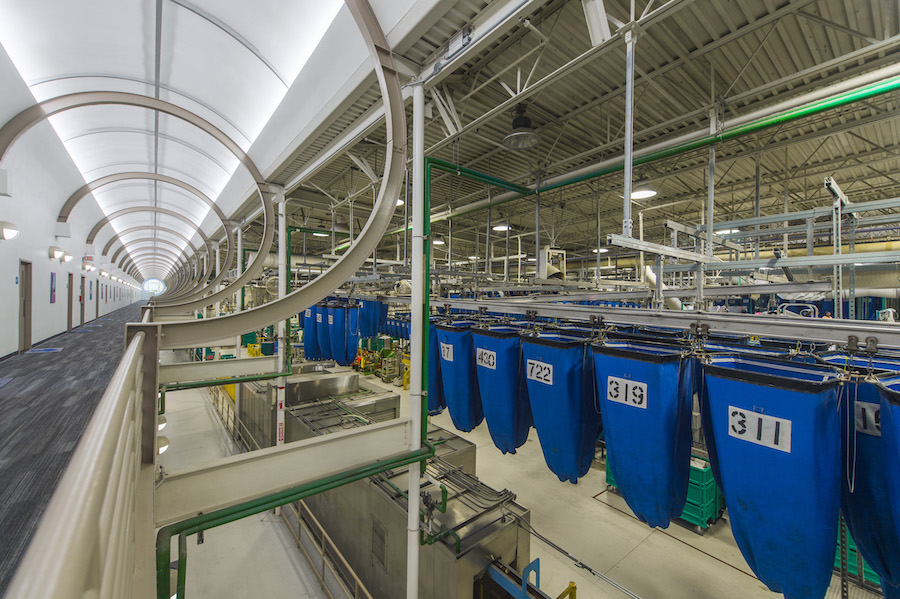

What I mean is that cast members can relax when you’re not under the watchful eye of strangers.
Disney park employees try hard to maintain the illusion of Fantasyland or Adventureland or wherever. They portray characters, even if they’re not in costumes.
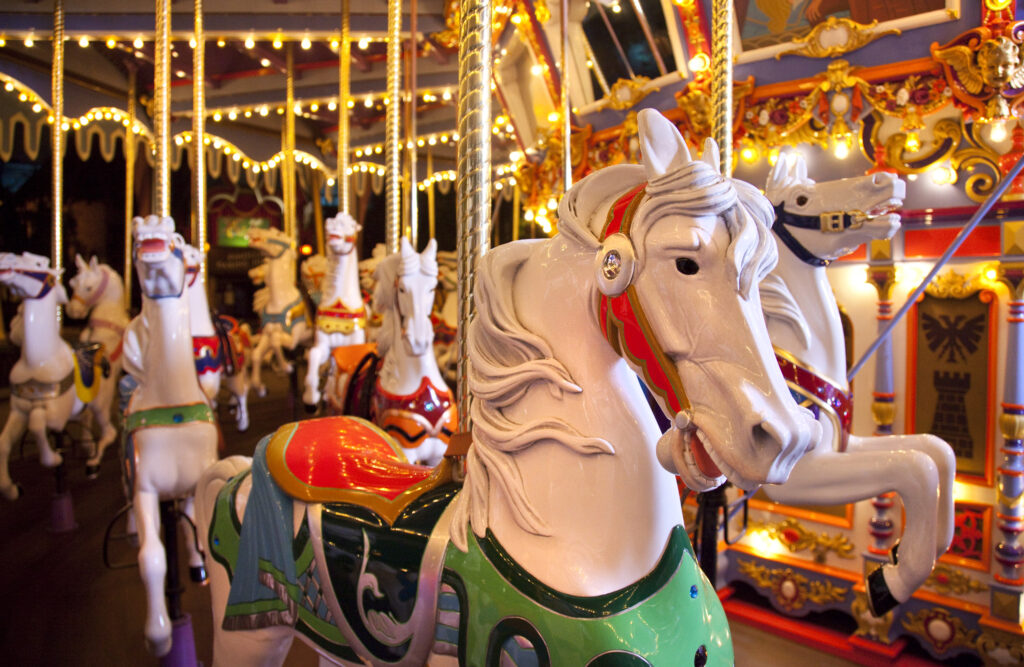

Photo: (Paul Hiffmeyer/Disneyland)
So, knowing whether you’re backstage or on stage is vital to cast members. Otherwise, they risk ruining immersion for park guests.
Code 101/Code 102
You never want to hear this term when you’re standing in line for an attraction.
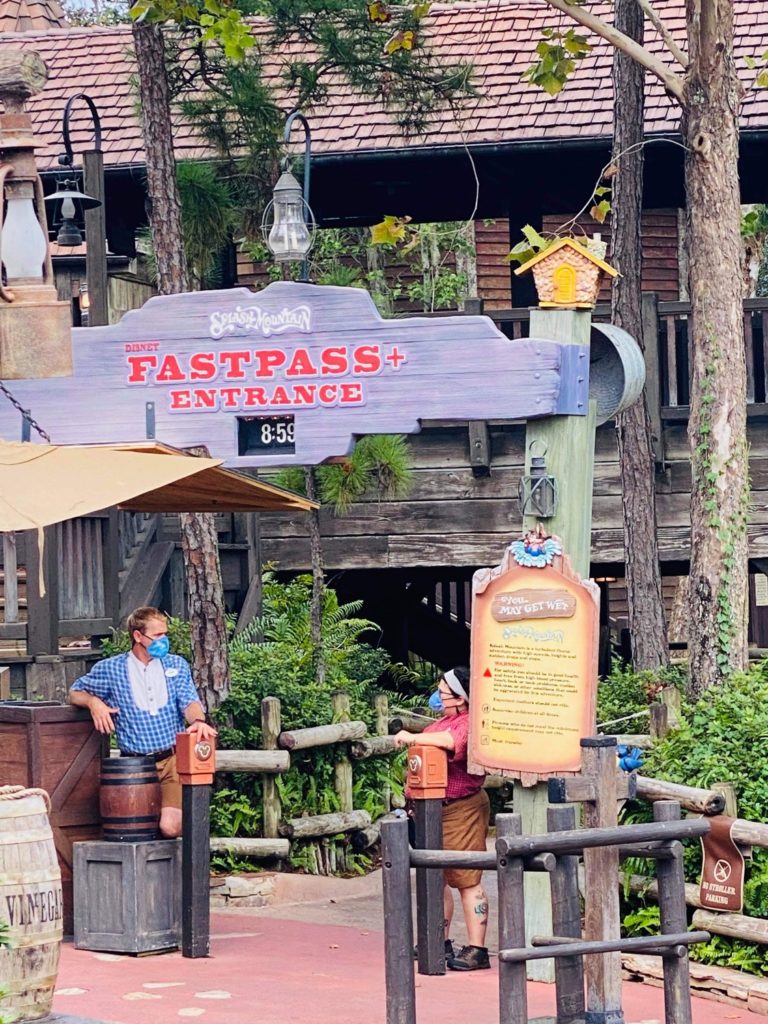

Code 101 means that a ride or attraction has torn up and is no longer functional.
As such, you’ll likely get redirected out of the line queue and asked to return later.
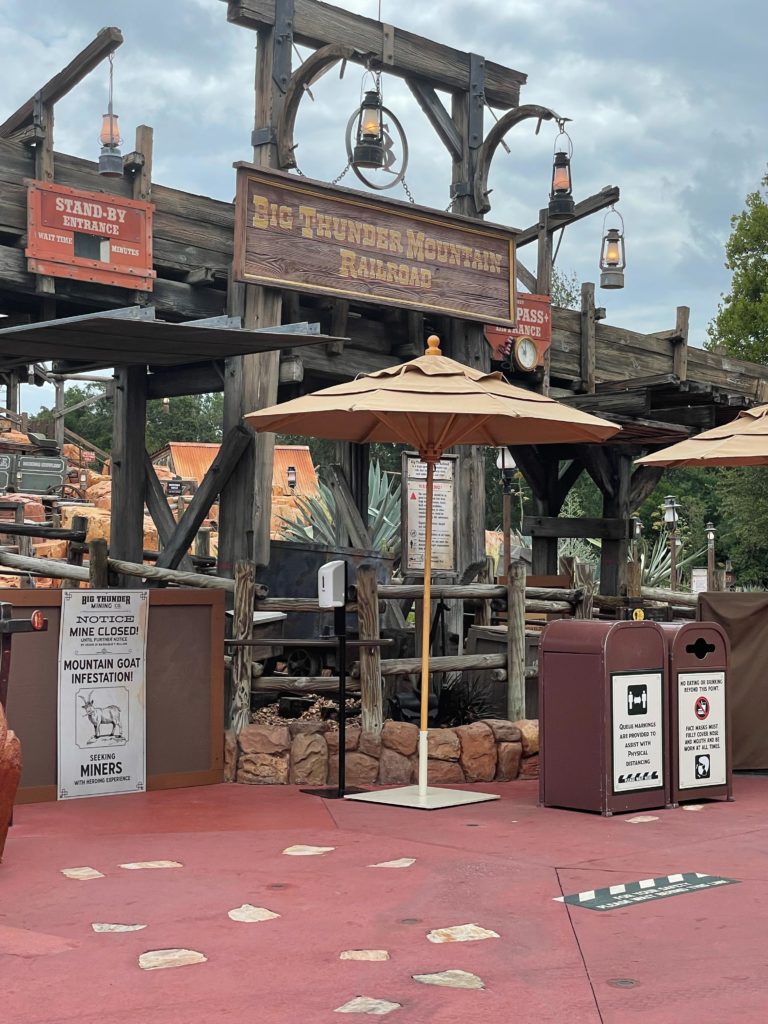

In some instances, you’ll stay in line instead. But, the line won’t move because the attraction isn’t operational.
The term you DO want to hear is the companion term, Code 102. That means the attraction is up and running again.
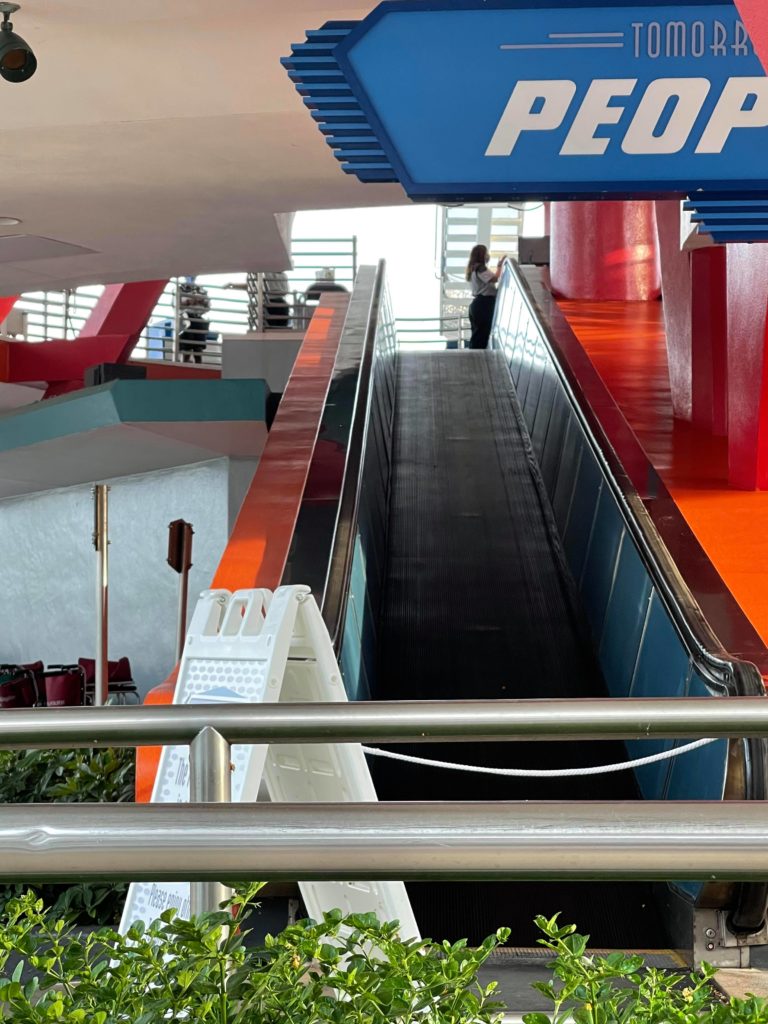
Code V/Protein Spill
Two of these codes are disgusting. Somehow, this one is the less sickening of the two, and I say that even though it’s about people getting sick.
Yes, a Code V or Protein Spill means that someone has just barfed up their Mickey Waffles.


The combination of food and thrill rides just isn’t a good fit for some. We’ve all had that moment after Mad Tea Party where we’re not sure what’ll happen.
When a cast member yells Code V, it signals that a person couldn’t make it through the ride intact. Instead, they spill some protein, requiring immediate clean-up.
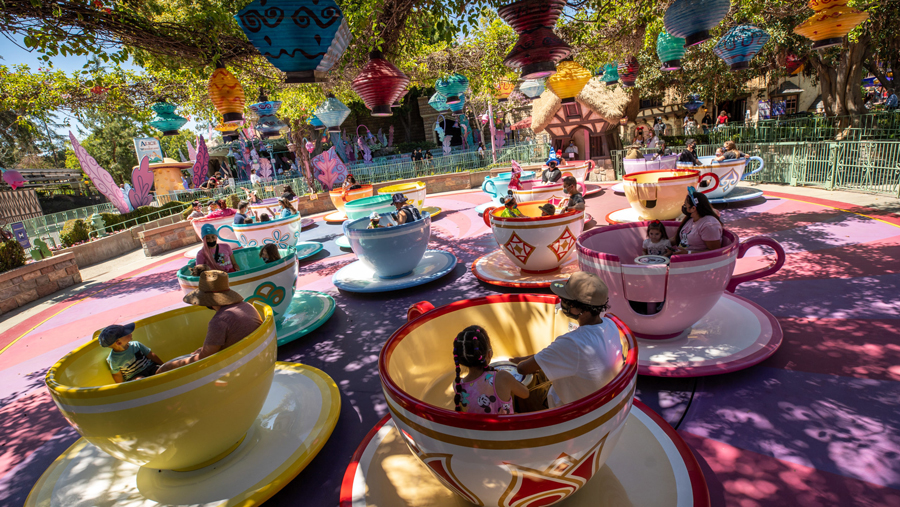

If you think this one is bad, wait until you read White Powder Alert…
Friends of Princess X…
Disney cast members use adorable terminology to overcome a somewhat obnoxious but understandable rule.
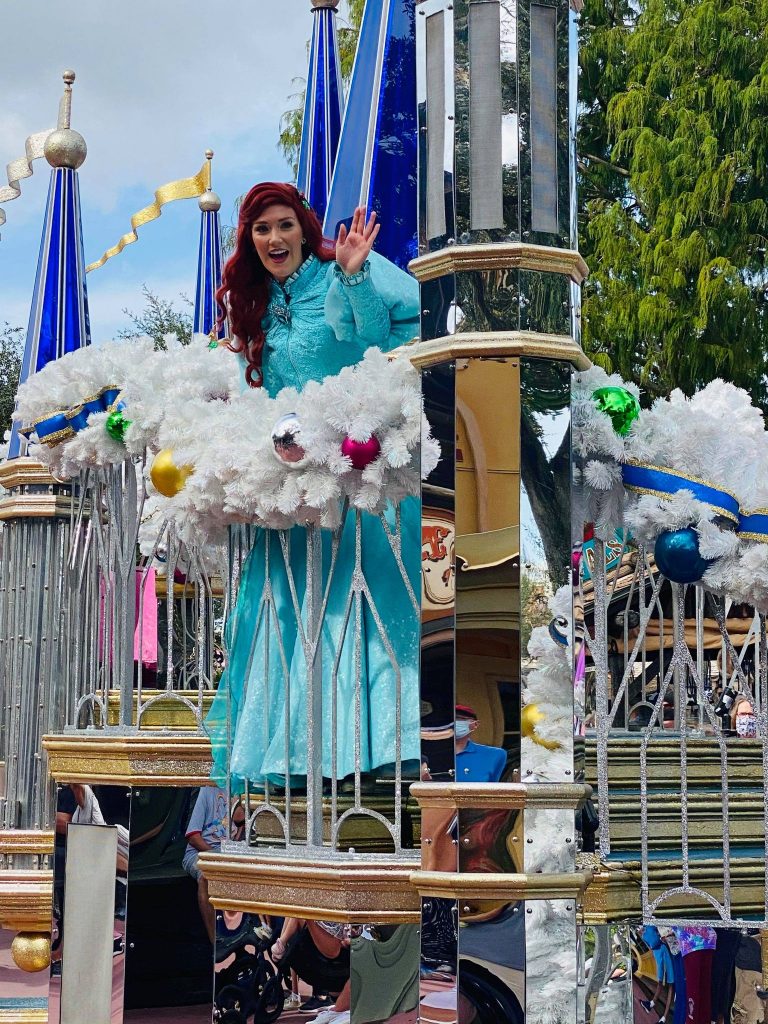

Park officials won’t allow cast members to say they portray Ariel or Belle or Tiana.
Those are real people you meet at Disney theme parks, not cast members in costumes! How dare you ruin the illusion by saying otherwise!
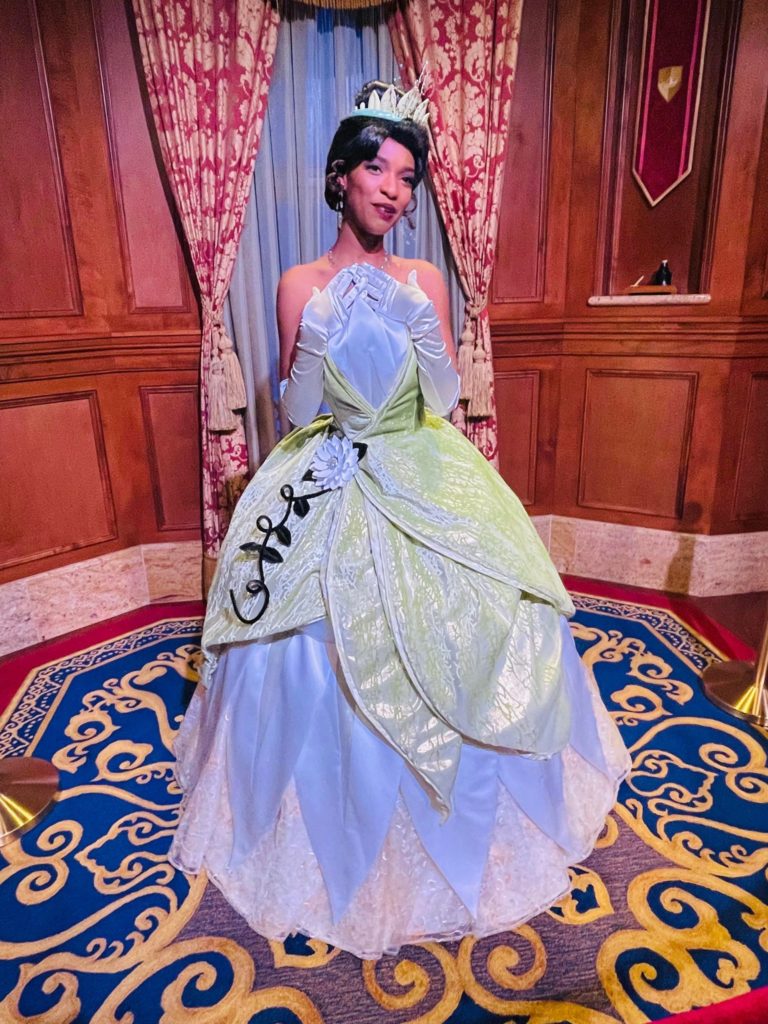

So, the cast members who sometimes put on these costumes describe themselves as “Friends of…” the various characters.
If someone tells you that they were Friends of Mickey Mouse or Minnie Mouse, they have lived as theme park royalty!
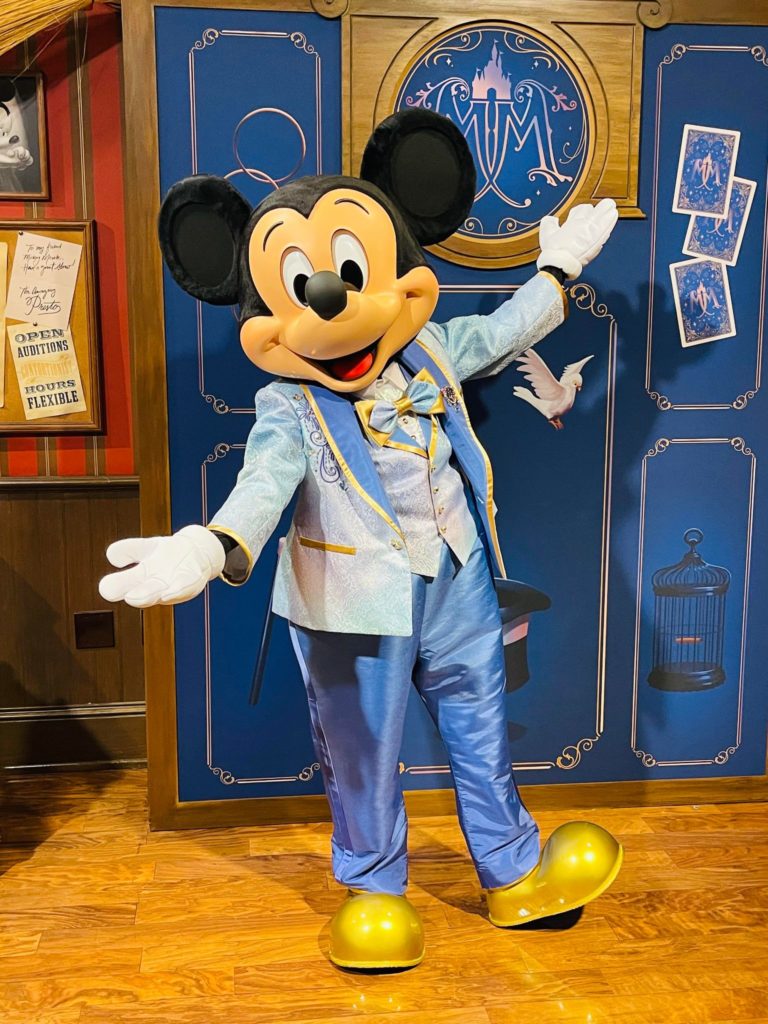
Lost Adult/Signal 70
I won’t sugarcoat it. This one’s stressful.
Disney would never ever never announce that a child has gone missing at the parks.
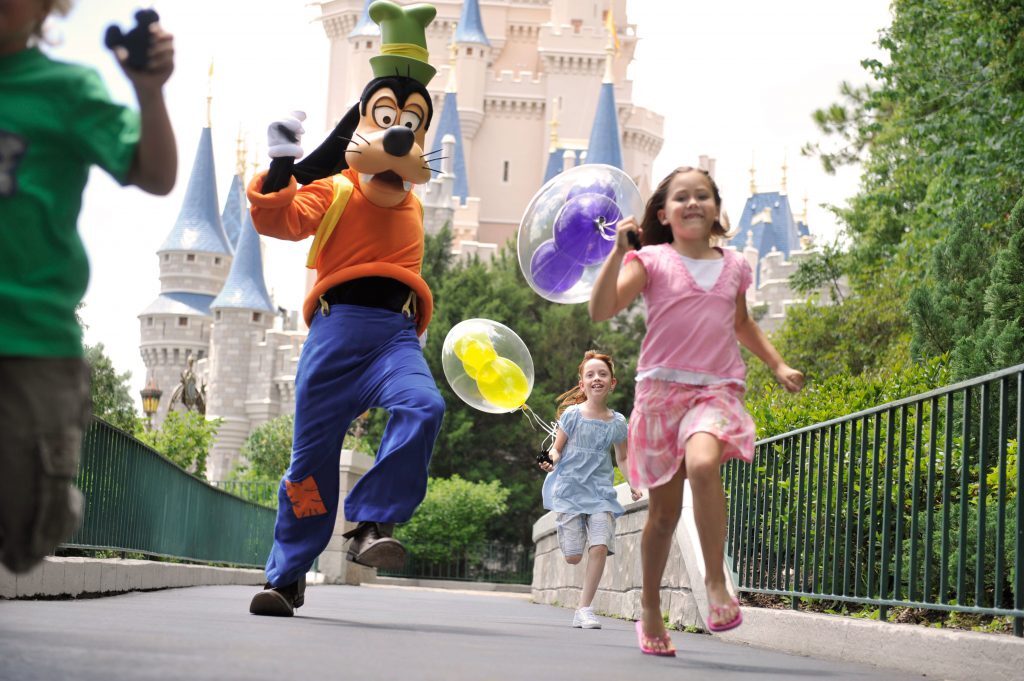

So, cast members use the opposite term instead. They signal that people are searching for a Lost Adult instead.
When people hear this term, they naturally assume that somebody has gotten separated from the party. So it’s not a big deal.
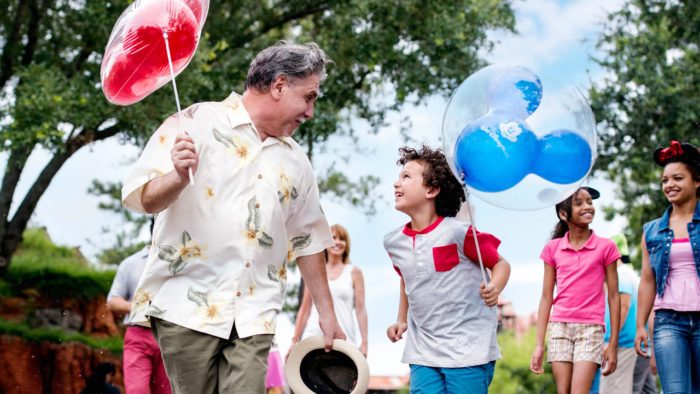

In reality, the so-called Signal 70 is arguably the most stressful of cast member callouts.
Thankfully, in the era of MagicBands, triangulating the location of these kids is easier than ever.
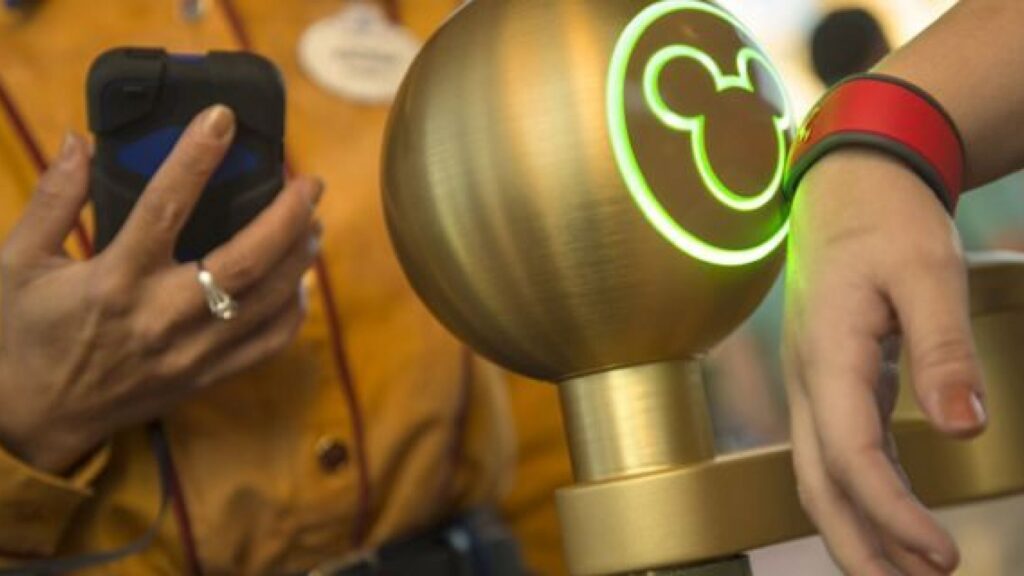
Signal 25
As Beavis would say, “Fire! Fire!”
Yes, Signal 25 indicates that a cast member has noticed smoke and/or flames.
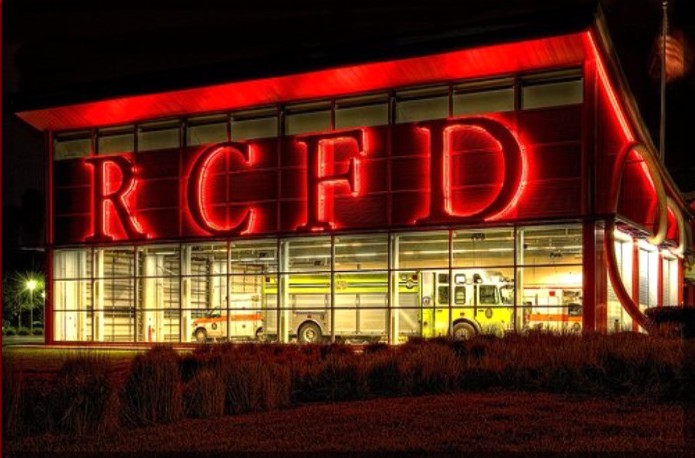

reedycreek.org
Fortunately, Walt Disney World has integrated a smooth process for such emergencies. The Reedy Creek Fire Department remains vigilant at all times.
Most Signal 25 instances are like the one at Tomorrowland Transit Authority PeopleMover in early 2020. There’s smoke but no fire.
The #PeopleMover in Tomorrowland has been shut down as reports of some kind of fire or malfunction has occured. More details to follow #MagicKingdom #WaltDisneyWorld pic.twitter.com/NSdCktTzYS
— Mickey Central (@Mickey_Central) January 2, 2020
In rare instances, something will happen like a stray firework causing a fire at Seven Dwarfs Mine Train.
Overall, Signal 25 callouts only happen a few times a year.
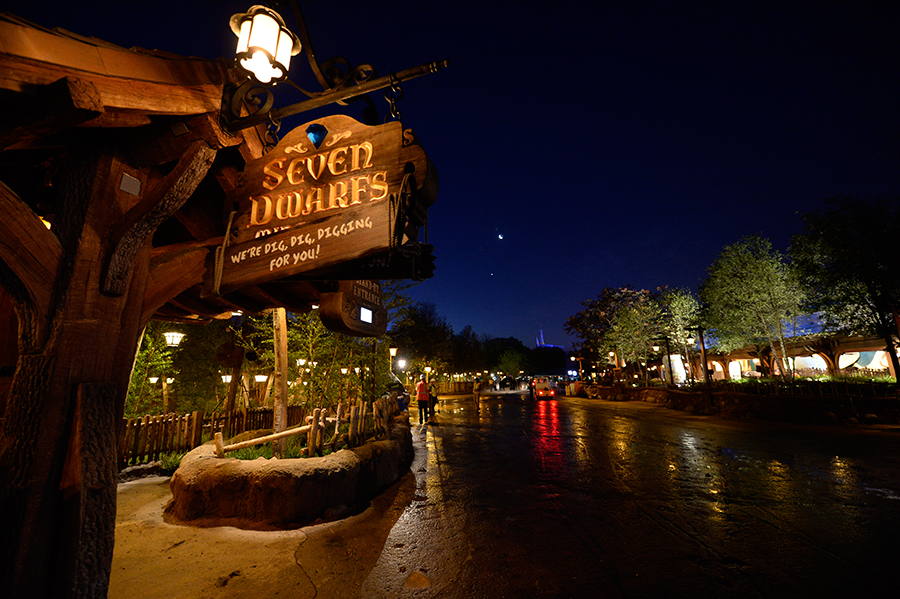

Credit: Disney
White Powder Alert
No, this isn’t a cocaine thing. It’s…much grosser.
I mention this from time to time, partially because the idea blows me away.
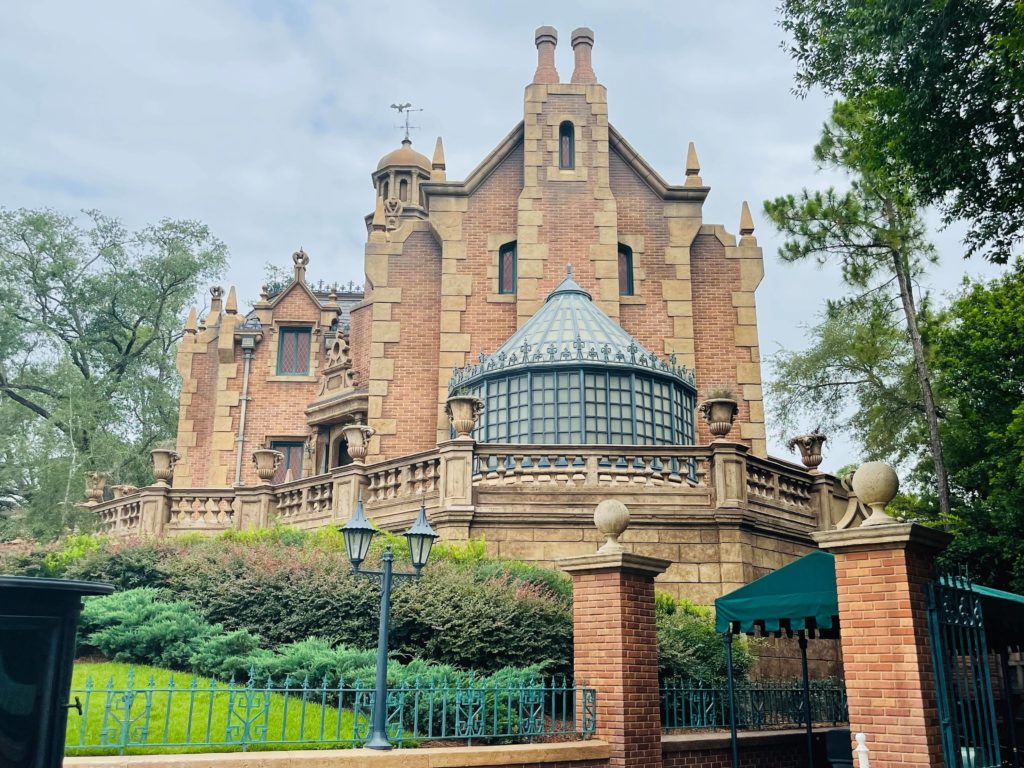

I also live in fear that my wife, a Haunted Mansion superfan, may ask somebody to do this.
Yes, a White Powder Alert means that a park guest is trying to spread a family member’s ashes on an attraction.


Yes, this sort of thing happens often enough that Disney had to invent a code for it. Sickening, right?
If you ever hear a cast member shout, “White powder alert!” you should duck and cover.
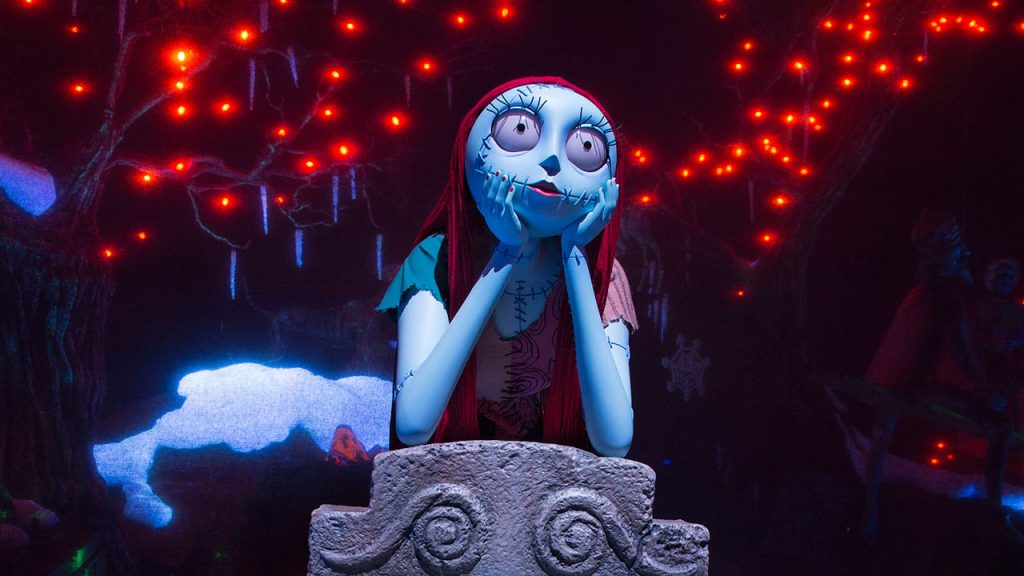

Otherwise, you may get some of the *ahem* white powder on you.
Treasured Guest
Let’s finish with the one term you never want a cast member to use in describing you.
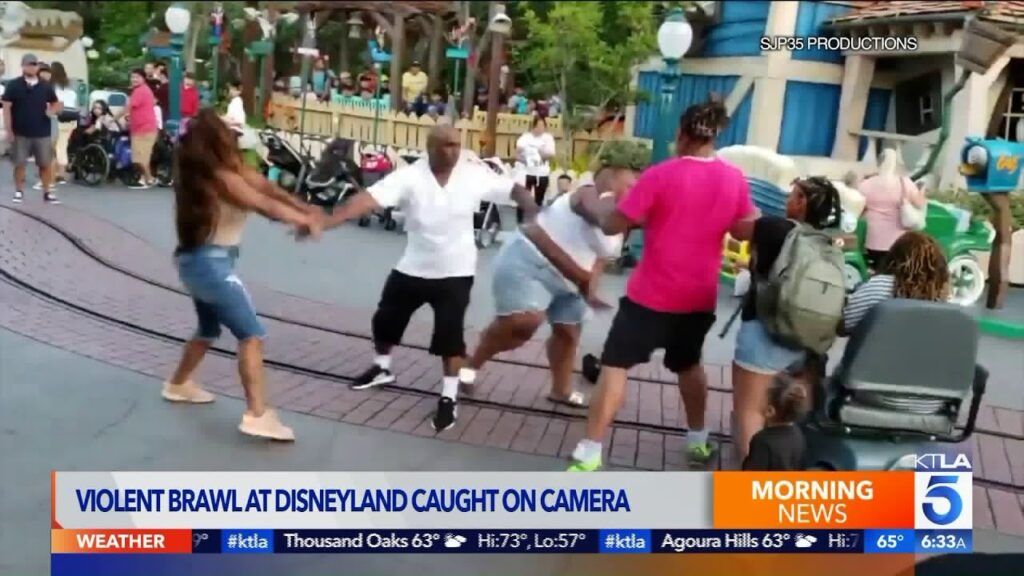

Photo: KTLA 5/YouTube
When a Disney employee describes someone as a treasured guest, the term drips with sarcasm.
A “treasured guest” is what pop culture currently describes as a Karen, only as a more extreme example.
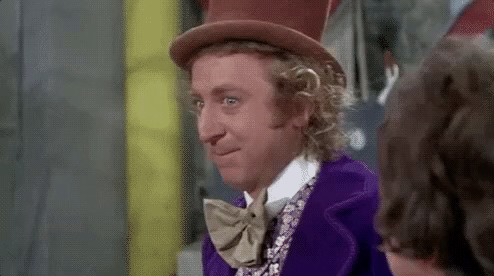

Cast members need to warn each other when someone uses decidedly non-Disney language at the parks or acts angrily.
So, they tell their coworkers that a “treasured guest” is causing them problems.
‘I paid $15,000′: Disney World guest says he spent too much to be arrested for refusing temp check https://t.co/xPBT94EuiM pic.twitter.com/v1RrAHk1qm
— Orlando Sentinel (@orlandosentinel) April 2, 2021
Basically, “treasured guest” is synonymous with a jerk, although it can have even more extreme meanings as well.
In some instances, a treasured guest has grown threatening, an even more alarming turn of events.
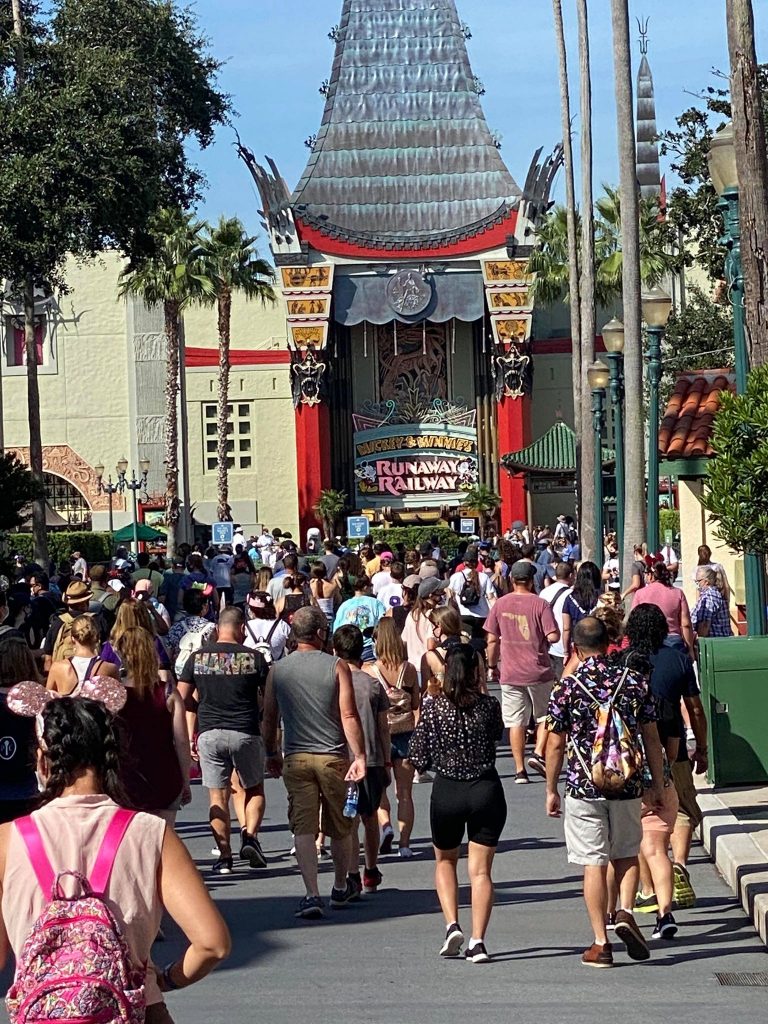

Friends, when you hear cast members complaining about a treasured guest, please go out of your way to be kind to the Disney workers. They’re having a bad day.


